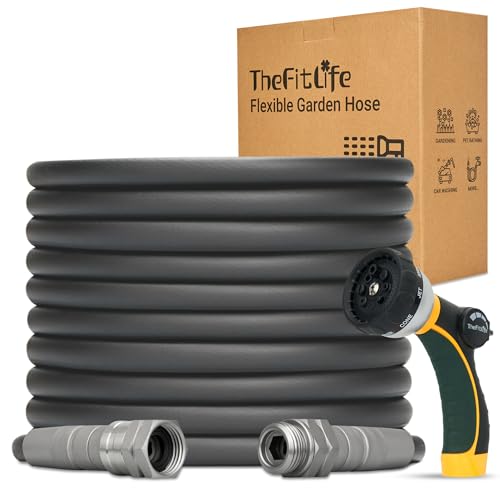
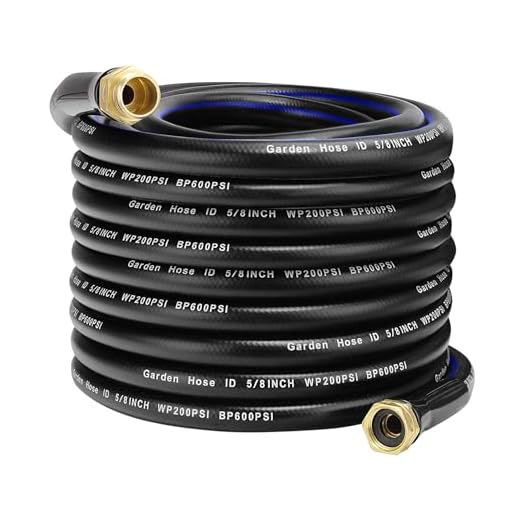

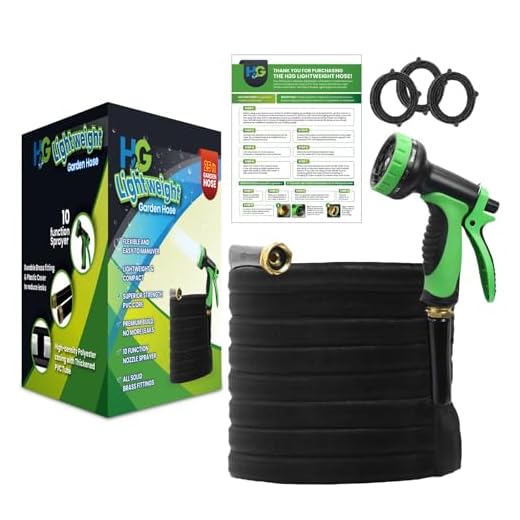
Using a flexible tubing solution with high-pressure cleaning equipment is generally inadvisable due to potential risks associated with high water pressures. These flexible types are typically designed for lower water flow and pressure applications. Subjecting them to the demands of a pressure cleaning system can lead to ruptures, leaks, or even catastrophic failures.
For optimal performance and safety, it is recommended to opt for high-quality, standard non-collapsible alternatives that are specifically engineered to withstand elevated pressures found in cleaning equipment. These alternatives are made from materials designed to handle the mechanical stresses of high-pressure systems, ensuring durability and effective cleaning results.
Additionally, ensure that the connections are compatible with the equipment’s requirements. Standard connectors will provide a proper fit and reduce the risk of leaks during operation. If you must incorporate lightweight options for ease of storage, consider using them for lower-pressure tasks, ensuring proper care is taken when switching between high and low-pressure jobs.
Understanding collapsible hoses and their features
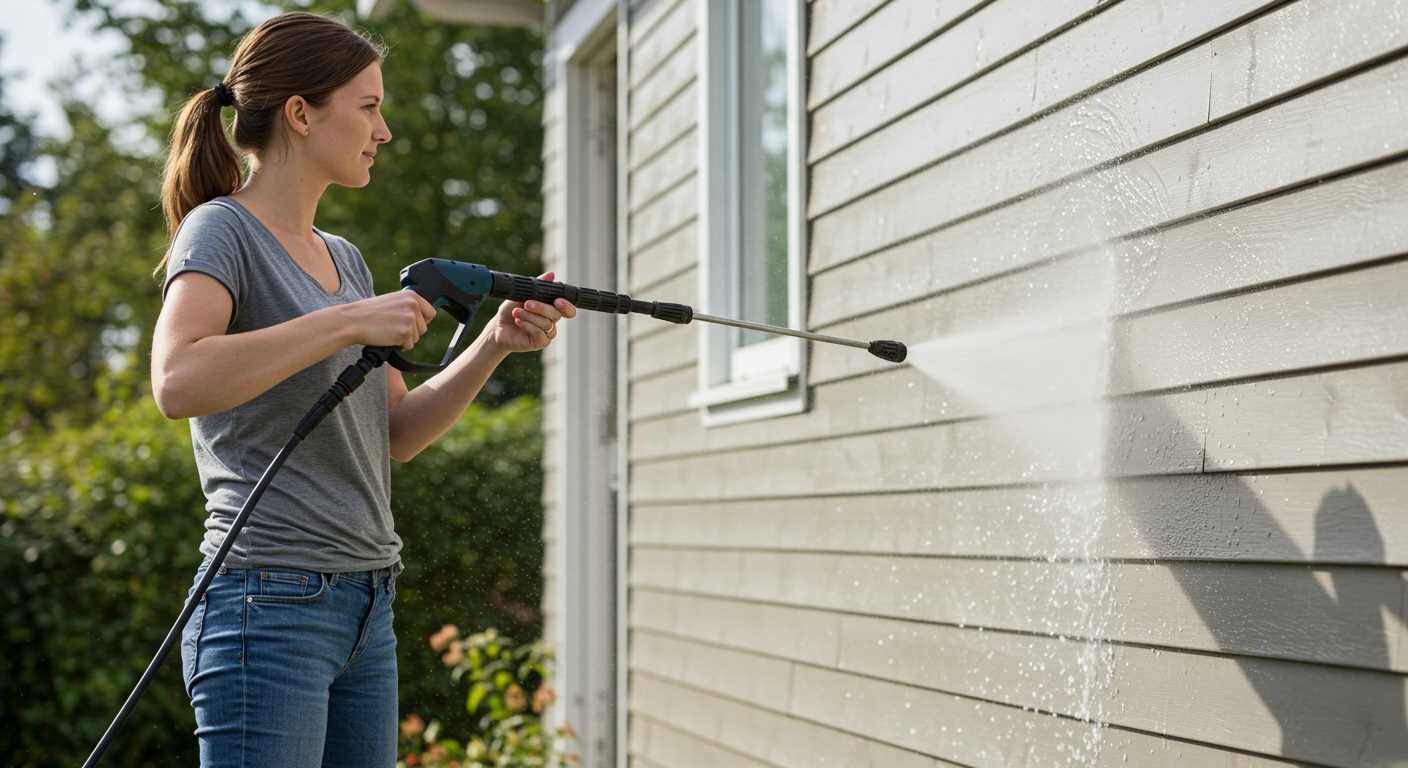
Investing in a flexible piping solution can enhance convenience and portability. These products are lightweight, making them easy to transport and store. When examining these options, pay attention to the materials used in their construction. Look for models made from durable, high-quality synthetic compounds that resist wear and tear, ensuring longevity.
Key Features
One notable aspect is the expansion capability. As water flows through, the diameter increases, allowing for a substantial volume of liquid to pass. However, it’s crucial to consider the maximum pressure rating. This factor will determine if a specific model can withstand the demands of your cleaning equipment.
Additionally, many come equipped with anti-kink technology to prevent frustrating twists and tangles. This feature contributes to smoother handling, reducing the risk of interruptions during tasks. Another advantage is the built-in UV resistance, which protects the material from degradation when exposed to sunlight, prolonging the life of the equipment.
Storage and Maintenance
Storage options are also worth highlighting. The compact design allows for easy coiling and minimal space usage. When not in use, these items can be neatly stored in a small area, adding to the overall efficiency of your cleaning regime. Regular maintenance involves rinsing out any dirt and ensuring connections are clean to prevent blockages.
In summary, selecting the right flexible piping system involves careful consideration of materials, pressure ratings, and advantageous features like anti-kink properties. Making an informed choice will undoubtedly enhance your cleaning experience.
Compatibility of Collapsible Hoses with Pressure Washers
For optimal performance, it is advisable to ensure compatibility of expandable tubing and cleaning machines. Many users find that certain models of these flexible pipes do not withstand the high pressures generated during operation. Typically, those designed for light-duty garden applications are insufficient for pressure cleaning tasks.
When selecting an expandable pipe for a cleaning device, consider the pressure specifications. Look for products rated to handle at least the same PSI as the machine being employed. A pumping unit generating 2000 PSI requires a flexible solution rated for similar or higher levels to prevent bursting or leaks.
Another crucial factor is the diameter of the tubing. Standard garden fittings often fall short of what is necessary for machines. Ensure the inner diameter is compatible with the pressure output to allow maximum water flow. Mismatched diameters can result in reduced efficiency and performance.
Always consult the manufacturer’s guidelines for both the cleaning apparatus and the flexible tubing to verify suitability. Some brands explicitly state which types of hoses can be used effectively, providing additional confidence in performance and safety.
In cases where you experience frequent kinking or tangling with an expandable pipe during use, consider a more robust alternative. Heavy-duty options are designed specifically for high-pressure applications, ensuring durability and a longer lifespan when coupled with high-output tools.
Overall, while it’s possible to integrate an expandable model into a cleaning system, careful selection based on pressure ratings and compatibility will enhance the user experience and effectiveness of the cleaning process.
Pressure Ratings: What to Look For in a Collapsible Hose
Focusing on the PSI (pounds per square inch) is pivotal. Hoses should support at least 3000 PSI for optimal performance with high-powered cleaning tools. Always check the manufacturer’s specifications to ensure the intended use aligns.
Material and Durability
Select hoses made from robust materials like PVC or reinforced fabrics, which endure pressure over time. Evaluate warranty details–more extended warranties often reflect better manufacturing quality.
Diameter Considerations
Opt for hoses with a diameter of at least 1/2 inch. This dimension ensures adequate water flow and reduces the chance of kinks that could lead to pressure loss. Larger diameters can manage higher volumes more effectively, directly affecting cleaning efficiency.
- Check maximum pressure ratings before purchase.
- Ensure compatibility with attachments and fittings.
- Assess flexibility–more flexible designs prevent tangling.
- Consider length; avoid excessive distances to mitigate pressure drops.
By prioritising these aspects, proper functionality and longevity are attainable, enhancing the experience during cleaning tasks.
Common Issues When Using a Collapsible Hose with Pressure Cleaners
One of the primary concerns is the potential for kinks and twists. The lightweight nature of expandable piping can make it prone to forming bends, especially under high water flow which can restrict pressure and lead to inefficient cleaning. To mitigate this, it is essential to carefully lay out the tubing before commencing work, ensuring it is fully extended to minimise restrictions.
Pressure Restrictions
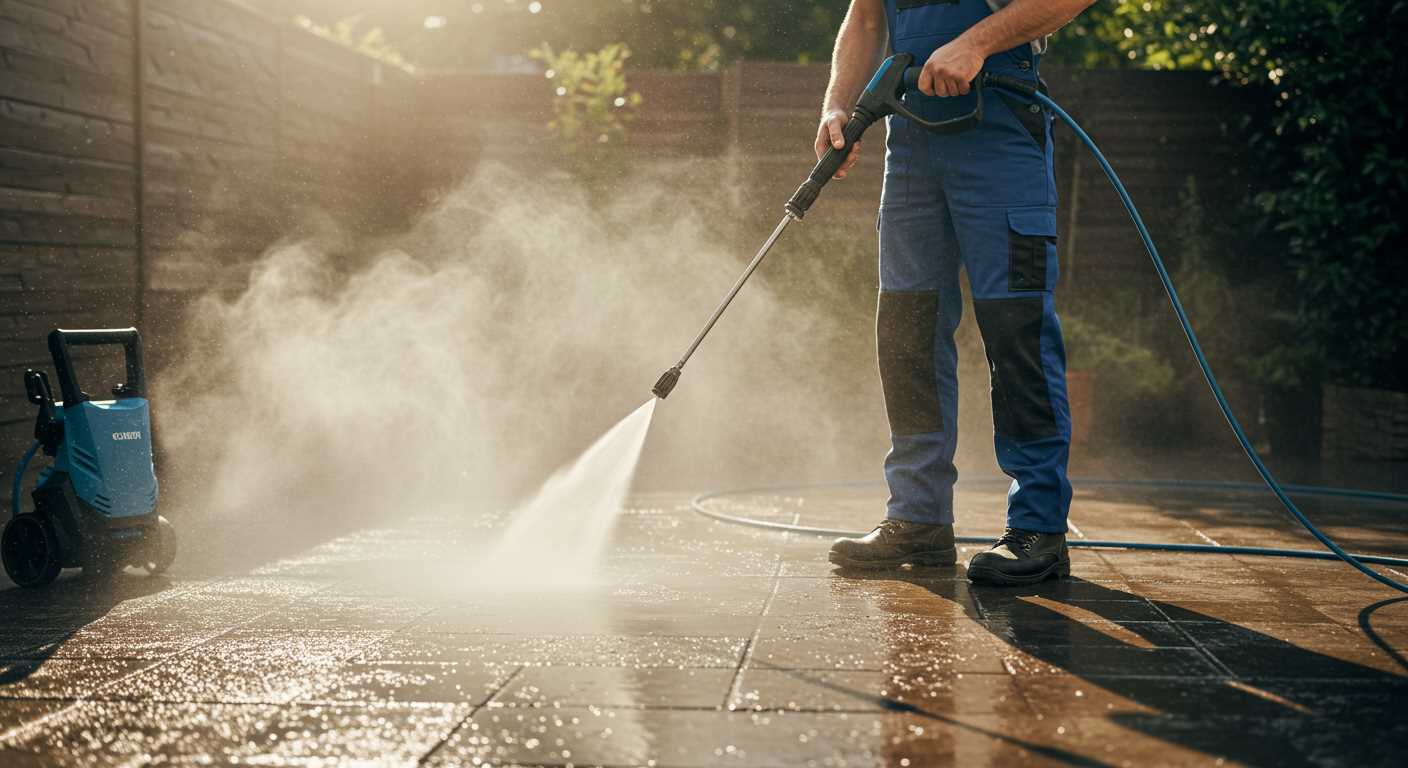
Be mindful of the pressure ratings. If the clean water output exceeds the designated limits of the piping, it can cause ruptures or leaks. Always check the specifications of the equipment to confirm compatibility. Some models may not be rated for high-pressure outputs, which renders them unsuitable for demanding tasks.
Connection Compatibility
Fitting attachments may present difficulties. Many models of expandable tubing come with different connector types. Ensuring a secure and tight connection with the cleaning machine is essential to avoid leaks. Using compatible and reliable connectors will enhance the overall performance and prevent water loss during operation.
Best practices for utilising a flexible watering conduit in conjunction with a power cleaning device
Always ensure the diameter of the flexible conduit matches the inlet of the cleaning device. A mismatch can lead to reduced water flow and inadequate performance. Aim for a conduit with a diameter of at least 5/8 inches for optimal results.
Before connecting, inspect the conduit for any visible damage or kinks. A compromised line can introduce pressure loss or bursts during operation. Regularly check for wear to ensure longevity.
Maintain the appropriate pull and avoid sharp bends during operation. Smooth, gradual curves preserve the integrity of the conduit, preventing blockages and enhancing water delivery efficiency.
Utilise fittings that are compatible with both the flexible tubing and the pressure activator. Choose high-quality connectors to prevent leaks that can compromise water pressure and mess with your cleaning task.
Store the conduit properly after use. Coil it neatly to avoid unwanted twists and tangles. This practice prolongs its lifespan and ensures it’s ready for next time without issues.
Limit exposure to direct sunlight and harsh weather conditions, which can degrade materials over time. When not in use, keep it in a shaded or protected area.
Regularly flush the tubing before and after utilisation to clear any debris that may accumulate. This basic maintenance step protects the cleaning mechanism from potential clogs.
Test the setup at low pressure before escalating to maximum settings. This precaution allows you to identify any weaknesses in the system, ensuring safe and effective operation during actual cleaning tasks.
Maintenance tips for collapsible hoses in high-pressure applications
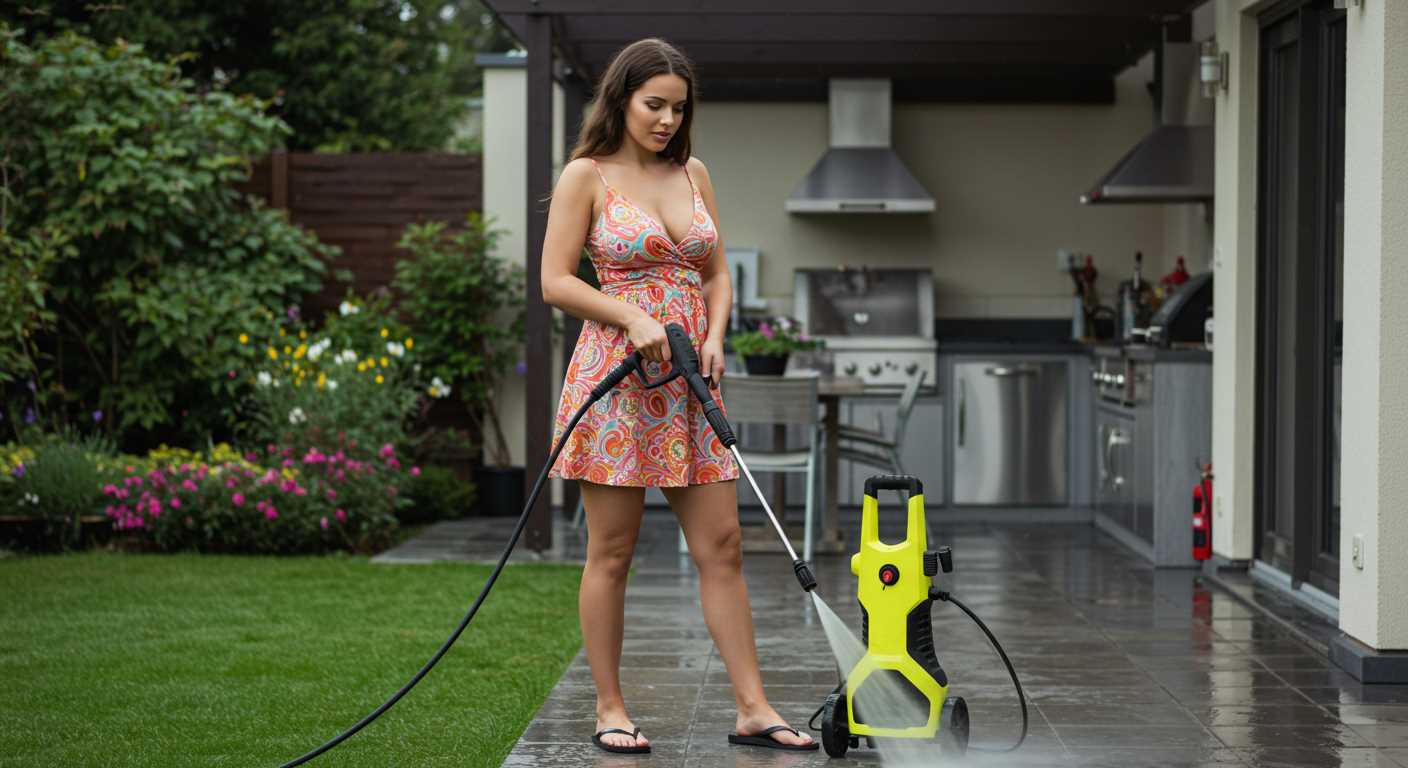
Routine inspection is critical. Examine for any visible wear, kinks, or leaks. Small issues can escalate quickly, especially under high stress. Always check the fittings and connections; ensure they are secure and free from damage.
Storing properly extends lifespan. Avoid leaving the equipment exposed to extreme temperatures or direct sunlight for extended periods, as these elements can degrade materials over time. Instead, store in a cool, dry location and consider coiling it loosely to avoid stress on the material.
Regular cleaning prevents build-up that may hinder performance. Rinse thoroughly after each use to remove debris. For tough stains, mild soap solutions can be employed, but avoid abrasive materials that could scratch the surface.
Monitor the operational pressure. Most units have a specified maximum pressure; regularly assess whether the current setup exceeds this limit. Consistently operating beyond the rated pressure can lead to premature failure.
| Maintenance Task | Frequency |
|---|---|
| Inspect for wear and leaks | Before each use |
| Clean after use | After each use |
| Check pressure settings | Weekly |
| Store properly | After each use |
Using protective fittings or adapters can also safeguard connections, preventing abrasion and leaks. Investing in quality accessories may seem unnecessary initially, but it pays off in durability and performance.
Alternatives to Flexible Tubes for High-Pressure Cleaners
Opting for traditional rubber or reinforced polyurethane pipes remains a dependable choice for those engaging in high-pressure tasks. These materials resist wear and tear, ensuring longevity under intense conditions, and maintain pressure ratings conducive to effective cleaning.
Sturdy Metal Hoses
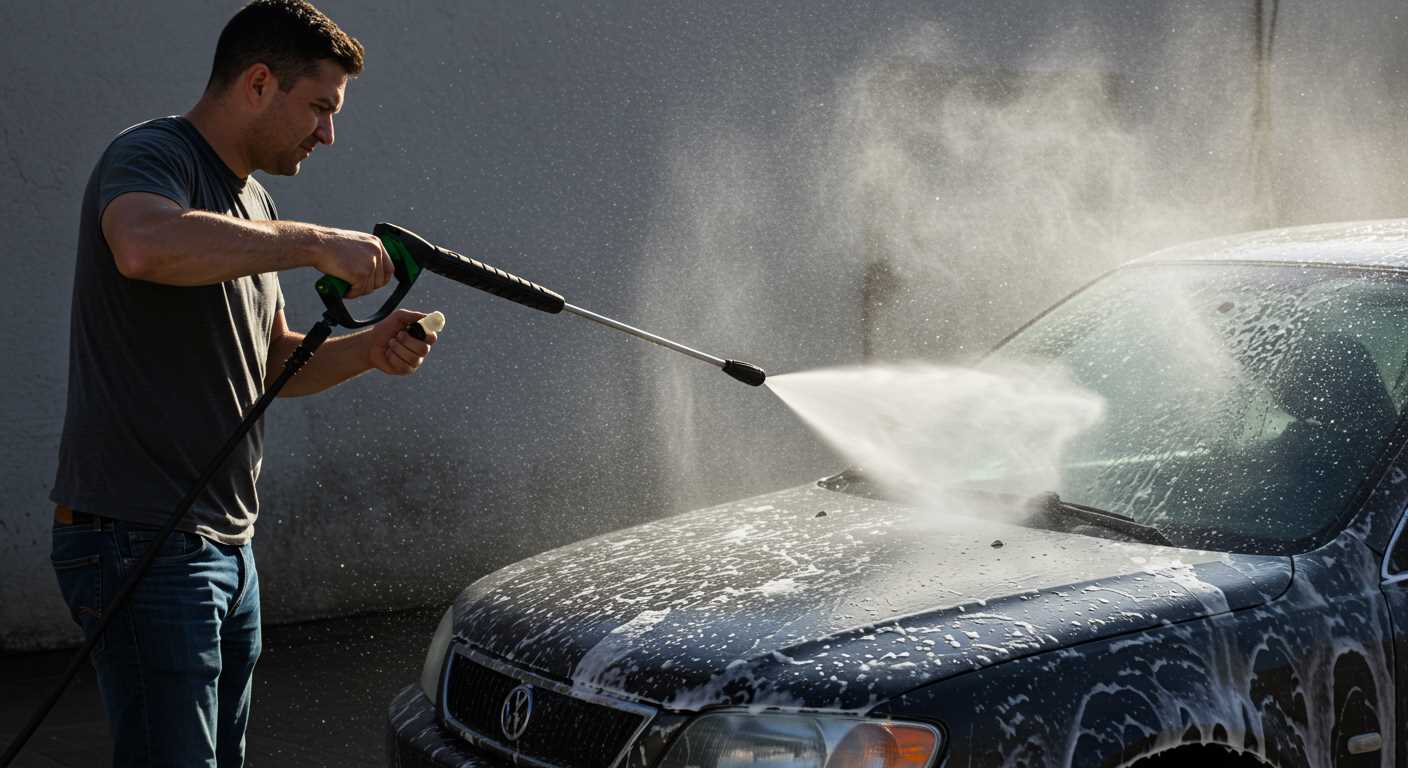
Metal hoses offer remarkable durability and flexibility. Constructed from stainless steel or other alloys, they withstand kinks and abrasions better than typical options. Coupled with a lightweight design, they simplify manoeuvrability during cleaning tasks while maintaining robust pressure capacity.
Hybrid Hose Options
Hybrid solutions combine the benefits of rubber and PVC, resulting in a lightweight, flexible tool that retains strength. They resist abrasions and are less likely to kink, making them ideal for prolonged use. Moreover, these types often feature excellent temperature resistance, accommodating hot water applications without compromising performance.

